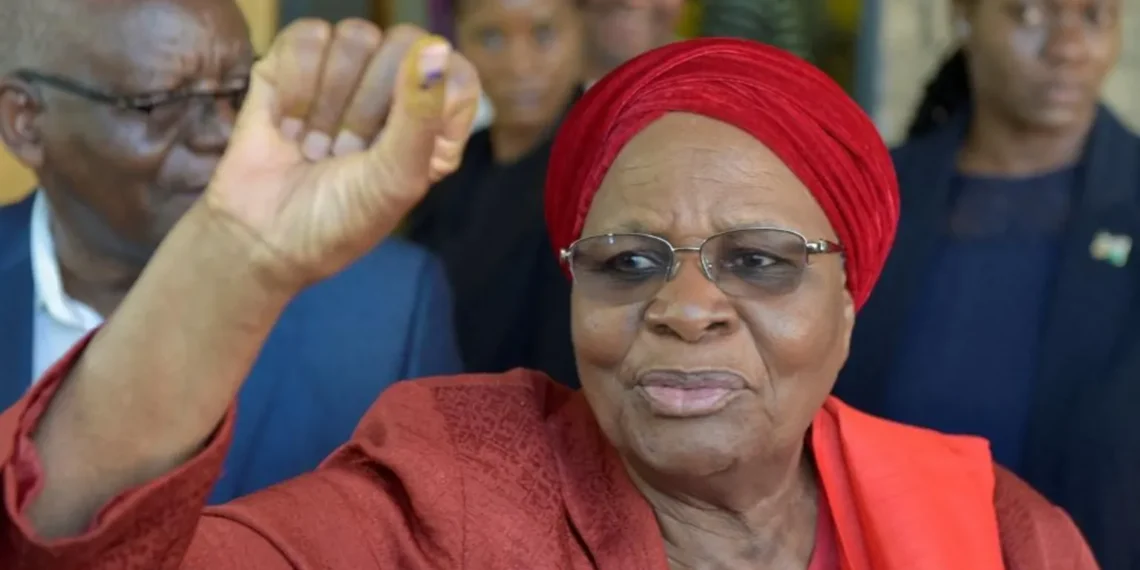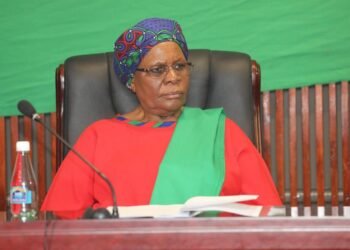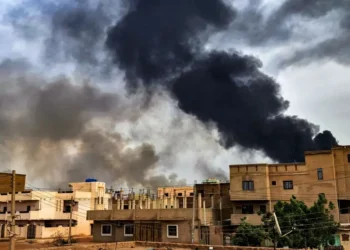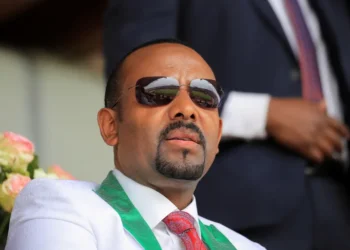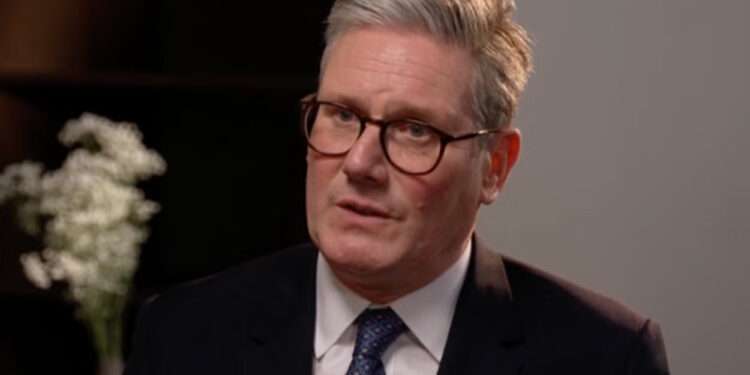Netumbo Nandi-Ndaitwah has emerged victorious in Namibia’s presidential election, securing 57% of the vote to become the country’s fifth president and its first female leader.
However, the election has been marred by allegations of electoral malpractice, with opposition parties voicing dissatisfaction and some boycotting the results announcement in the capital, Windhoek.
The city remained calm on Wednesday, December 4 with residents carrying on their daily routines without celebrations or protests. Addressing the nation after her win, Nandi-Ndaitwah said, “The Namibian nation has voted for peace and stability.”
A veteran politician and stalwart of the ruling South West Africa People’s Organisation (Swapo), Nandi-Ndaitwah has served in high government offices for over 25 years.
Swapo, which has governed Namibia since its independence in 1990, narrowly retained its parliamentary majority, winning 51 of 96 seats — a significant loss of 12 seats compared to previous elections. The Independent Patriots for Change (IPC) gained 20 seats, becoming the official opposition.
While Swapo’s victory marks a historic moment for gender representation, the IPC and other opposition groups criticized the election process. Claus Goldbeck, a senior IPC official, described the voting as an “organizational mess.” Reports of ballot shortages, long queues, and malfunctioning scanners fueled opposition claims of mismanagement.
Goldbeck noted that some voters waited in line for up to 14 hours, only to be sent home due to insufficient ballot papers. “The Electoral Commission of Namibia [ECN] had four years to fix things,” he said, accusing the commission of failing to prepare adequately.
The ECN admitted to logistical challenges but denied allegations of fraud. Chairperson Elsie Nghikembua called on Namibians to accept the results with “unity, diversity, understanding, and reconciliation.”
Despite these assurances, the IPC announced plans to seek judicial review and encouraged citizens who felt disenfranchised to file statements with the police.
A Regional Shift in Liberation Party Dominance
Swapo’s declining popularity reflects a broader regional trend, as liberation-era political parties face growing voter dissatisfaction. Tirivangani Masawi said, “This was Swapo’s worst performance since independence.”
Nandi-Ndaitwah’s closest rival, Dr. Panduleni Itula of the IPC, previously challenged Swapo’s dominance in the 2019 election, reducing its vote share from 87% in 2014 to 56%. A charismatic leader and trained dentist, Itula has been a significant force in reshaping Namibia’s political landscape.
South Africa’s African National Congress (ANC) recently lost its outright parliamentary majority, and Botswana’s Democratic Party was ousted from power after nearly 60 years. Many observers speculated that Swapo might face a similar fate.
Nandi-Ndaitwah’s election has drawn international praise. South African President Cyril Ramaphosa congratulated her on X (formerly Twitter).
“Your election as fifth President of the Republic and the first woman in our region to hold this high office is a testament to democracy and its ability to transform our societies.”
President Cyril Ramaphosa

When sworn in, Nandi-Ndaitwah will join Tanzania’s Samia Suluhu Hassan as one of only two female heads of state in Africa. Her leadership comes at a time when Namibia, like many nations in the region, is grappling with economic and social challenges.
As the dust settles, Namibia’s electoral process has ignited discussions about political accountability, voter rights, and the need for systemic reforms. The hope for unity and stability now rests on Nandi-Ndaitwah’s ability to navigate a divided political landscape.
READ ALSO: IMF Applauds Ghana’s Fiscal Progress, On Track for 0.5% Primary Surplus

